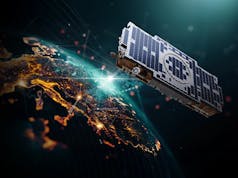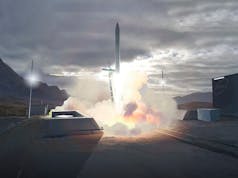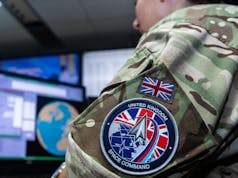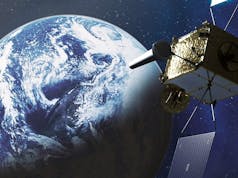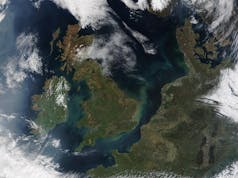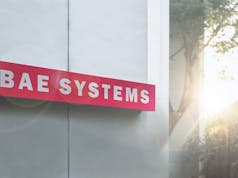Missile launches, foreign intelligence satellites and Earth-orbiting debris were some of the objects tracked by an RAF team during a space operations exercise this week.
Coordinated by US Strategic Command, the exercise sees the seven nations working in a combined Space Operations centre alongside commercial colleagues to improve space awareness and coordination.
Held from Sunday the 25th to Friday the 30th of September in Suffolk, Virginia, Exercise Global Sentinel saw a UK team of RAF personnel, civil servants and contractors track fictional space events alongside US, French, Canadian, German, Australian and Japanese military counterparts.
With an ever-increasing number of objects circling the globe, and the risk of collisions rising, US Strategic Command holds the exercise annually to improve space situational awareness and international coordination.
In the UK, the RAF keeps a watchful eye on threats to our assets using the high-tech radar at RAF Fylingdales and the UK Space Operations Centre at RAF High Wycombe but tracking missile launches and foreign intelligence satellites isn’t the only mission.
The RAF also monitors space junk, including defunct satellites and debris, with some smaller than a coffee cup.
Squadron Leader Dinz Dinsley, RAF coordinator for the exercise said:
“We watch events hundreds of miles above Earth 24/7, 365 because a 17,500mph coffee cup can seriously damage spacecraft and satellites. Our reliance on space for military ops, our day-to-day lives and our nation’s prosperity has never been greater.
Near-Earth orbits are crowded, with tens of thousands of orbiting objects. We need to know what they are, where they should be and where they’re going so satellites and spacecraft can be moved out of their path. Collisions create hundreds of new items of debris, so international coordination is crucial.
In the 2015 Strategic Defence and Security Review, the UK said it would work with international partners toward a safer and more secure space environment. Our participation in Global Sentinel is a key reflection of that.”
The event director, Bill Delaney, from US STRATCOM, said:
“The teams had access to sophisticated modelling and simulation software during the exercise and this helped us test their response to space events.
We also hope they were also able to forge relationships with partner nations that they can take into the real world. For us, it was important that the UK took part, and it’s important that they continue to do so.”
Press Release Ends.


